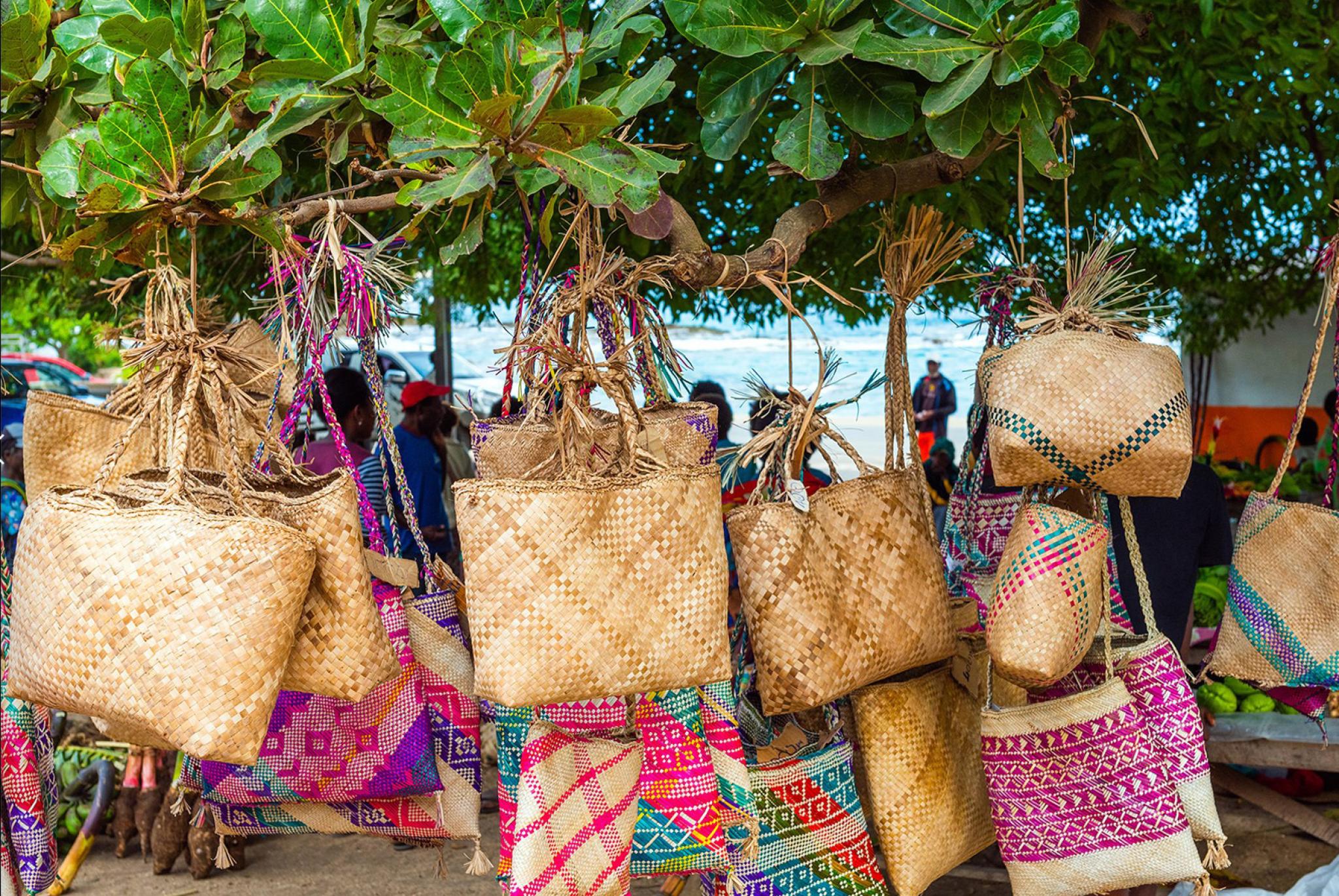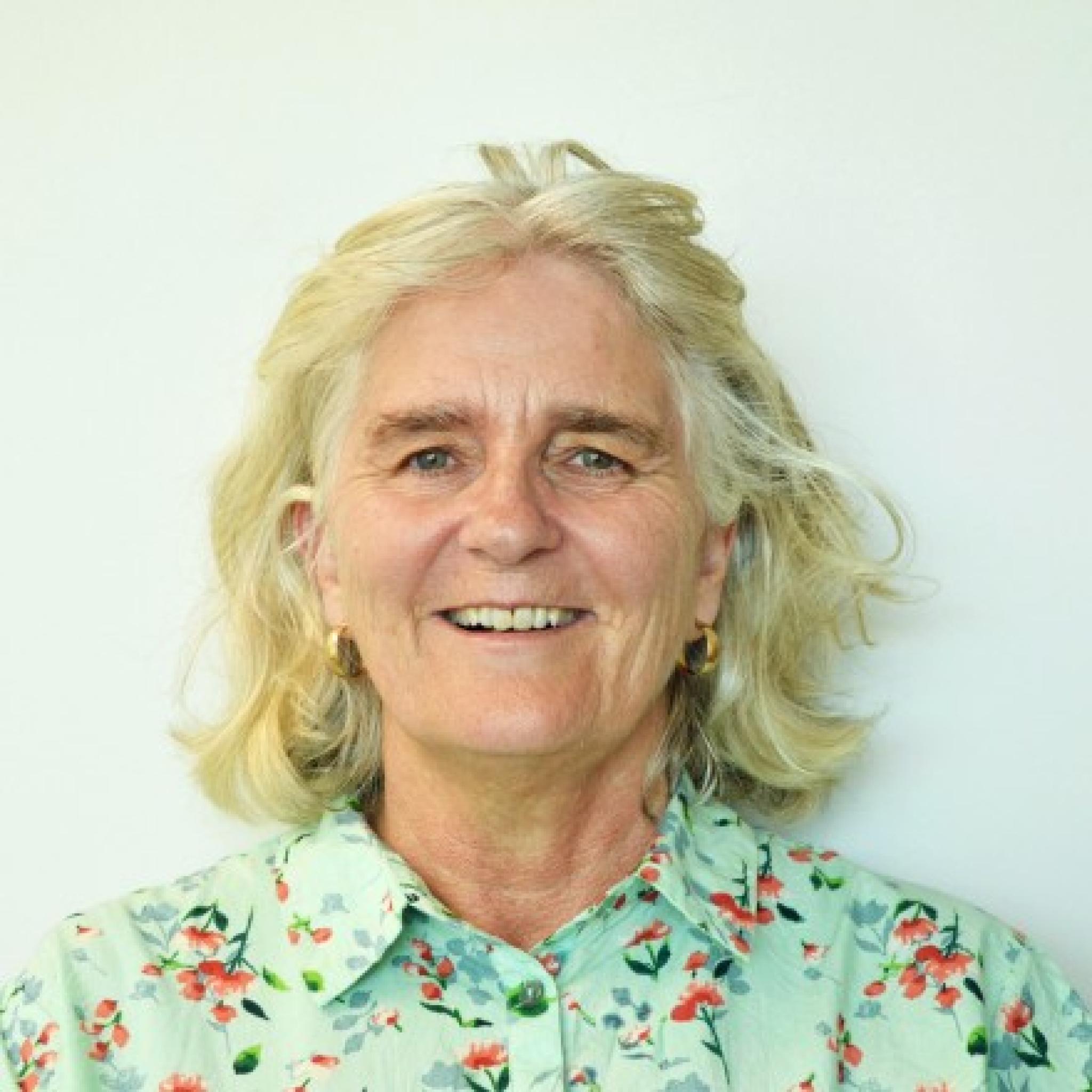Overview
Across the world a crucial reform to address domestic and family violence has been protection or restraining orders that aim to provide immediate safety for victims and deter harmful behaviours. Very little evidence exists of how they have worked in diverse socio-cultural and political settings.
Research focus
Papua New Guinea
This study in Papua New Guinea, led by Dr Judy Putt, found that the majority of women who had orders issued felt safer, but there remains considerable challenges especially in rural and remote areas. The project was undertaken by the Australian National University’s Department of Pacific Affairs in conjunction with partners in PNG including the University of Papua New Guinea, the PNG University of Technology, Femili PNG, Voice for Change, FHI360 and the Nazareth Centre for Rehabilitation.
The research builds on a pilot project that was undertaken in Lae in 2018. A series of three short films were developed as part of the research project, documenting the collaborative approach and findings of the final report and illustrating how family protection orders (FPOs) can be obtained. The videos are both, in English and Tok Pisin language, and explain what a family protection order is and how to apply for one (audience: people in PNG experiencing DFV). One of the videos continues to be played on national TV in PNG. They can be viewed here.
Based on this research, a submission was also made to the PNG Special Parliamentary Committee on Gender Based Violence which was referenced in the landmark report of the Committee to the PNG parliament (audience: PNG political leaders and policy makers).
This program of work has been funded in partnership between the Australian National University and the Australian Government Department of Foreign Affairs and Trade through the PNG Pacific Women Shaping Pacific Development Program, PNG Justice Services and Stability for Development Program and the Pacific Research Program.
The Pacific Region
The research team partnered with a regional body, the Pacific Community (SPC) to co-convene a symposium on family protection orders which included DFV practitioners e.g. magistrates, police, civil society and policy makers across the Pacific region. The recordings are online and a report was published shortly after. The symposium revealed that the policy and practical challenges experienced in PNG regarding family protection orders were also being experienced across the region.
- Family protection orders in the Pacific region - Report from a symposium held in December 2021
- Helping Family and Sexual Violence Survivors in Papua New Guinea: Evaluation of Femili PNG, Lae Operations 2014-2020
- IB 2021/15 Domestic Violence in Papua New Guinea: A Case Study from Boroko District Court, Port Moresby
- Family Protection Orders in Papua New Guinea - Main Report
- Family Protection Orders in Papua New Guinea: Summary Report
- Domestic Violence and Family Law in Papua New Guinea
- Family Protection Orders: Court Processes in Papua New Guinea
- Domestic violence, the law and related services in Papua New Guinea: A survey of young adults in Port Moresby and Lae
- Family Protection Orders in PNG Research Report - A Pilot Study in Lae, Papua New Guinea



